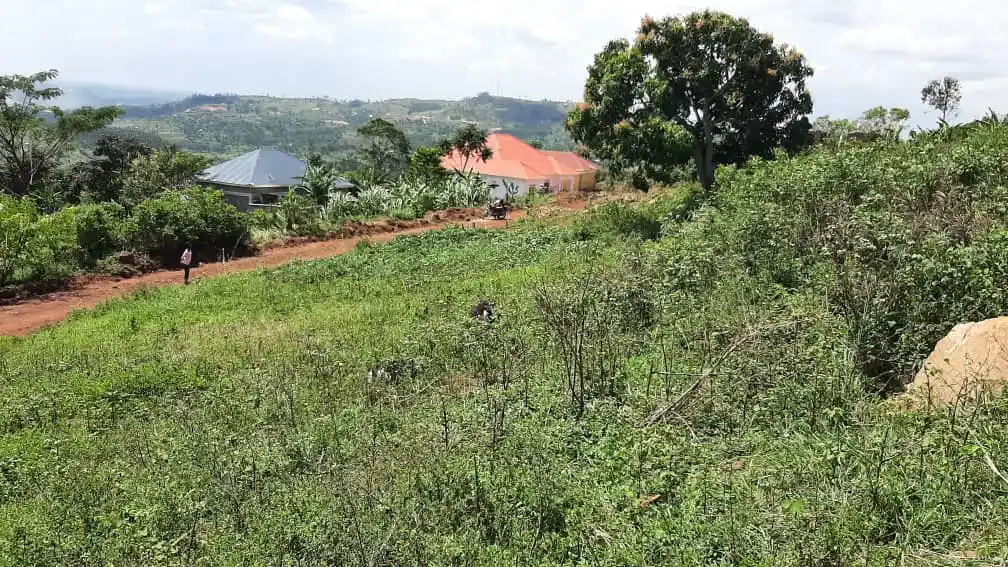In recent news, Capital Chicken, a self-proclaimed agribusiness contract farming organization, has come under scrutiny for deceiving Ugandans through a Ponzi scheme. The scheme, which promised lucrative returns from poultry farming investments, left many victims in despair as it abruptly closed its operations on September 29, 2023.
Investment Plans
| Investment Amount | Monthly Profit Range |
|---|---|
| Shs1 million | 48% – 60% |
| Shs10 million | 48% – 60% |
Victim Testimonies
| Victims | Amount Invested | Outcome |
|---|---|---|
| Mr. Rogers Ssegawa | Shs30 million | Partial recovery of Shs10 million |
| Ms. Maria Nakanwagi | Shs30 million | Partial recovery of Shs10 million |
Capital Chicken’s victims, including Mr. Ssegawa and Ms. Nakanwagi, shared their experiences of being lured into investing large sums of money without clear evidence of the promised poultry farming projects. They recounted how they faced delays and excuses when trying to recover their investments.
The Capital Markets Authority (CMA) issued a warning against unregulated investment activities, specifically mentioning Capital Chicken, Veta Plan Chicken, and The Mall Fund. Capital Chicken distanced itself from these accusations but is currently under police investigation.
The police have recorded statements from 41 victims, revealing transactions totaling approximately Shs1,641,376,000. The primary suspects, Pius Wamanga and Ernest Sempebwa, have been named, and the police are urging anyone with relevant information to come forward.
Capital Chicken responded to the public outcry with assurances of the safety of investors’ capital, citing their Sanlam Insurance cover and quality breeds. However, their office has been closed, and many employees claim to have gone unpaid for months.
This unfortunate incident with Capital Chicken is not the first of its kind in Uganda, with previous scams like BLQ and Telexfree leaving Ugandans with substantial financial losses. It highlights the importance of caution when considering investment opportunities and the need for stronger regulatory oversight to protect unsuspecting individuals from falling victim to such schemes.




















